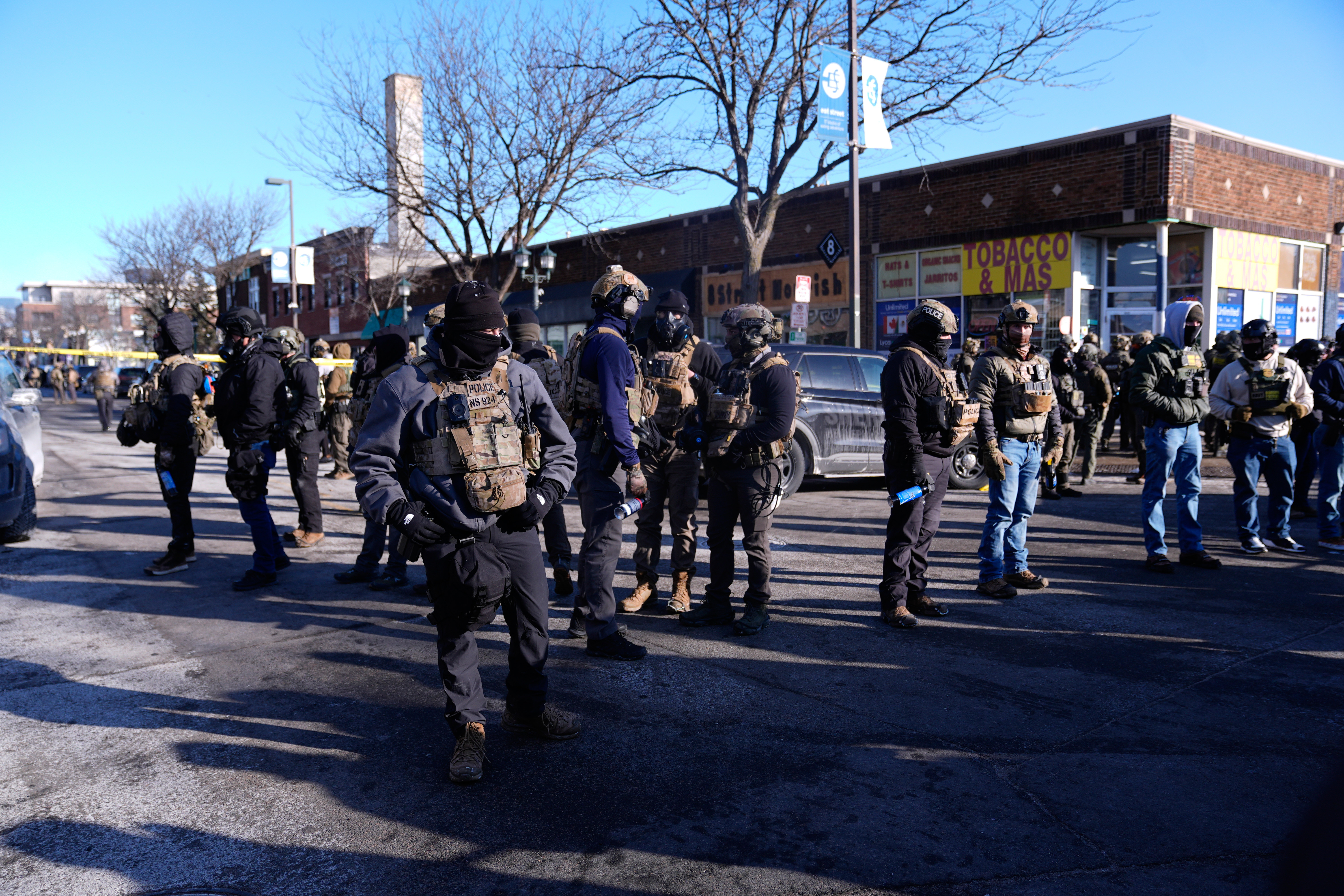Three university presidents faced congressional questioning on Tuesday over concerns of rising incidents of antisemitism on college campuses throughout the U.S.
The concerns come as tensions between Israel and Hamas remain high nearly two months after Hamas conducted a terror attack on Israel. Israel has responded with relentlessly bombing Gaza as Hamas continues to hold nearly 150 hostages.
Harvard President Claudine Gay, University of Pennsylvania President Liz Magill and Massachusetts Institute of Technology President Sally Kornbluth testified before the Committee on Education and the Workforce Tuesday. They were joined by Pamela Nadell, professor of history and Jewish studies at American University.
In late November, the Anti-Defamation League released results of a survey finding 73% of Jewish college students and 44% of non-Jewish students have experienced or witnessed antisemitism since the start of the school year. In a similar survey conducted in 2021, 32% of Jewish students said they had experienced antisemitism on college campuses.
“Jewish students are experiencing a wave of antisemitism unlike anything we’ve seen before, but shockingly, non-Jewish students barely see it,” said Jonathan A. Greenblatt, CEO of the Anti-Defamation League. "Since the Oct. 7 massacre in Israel, Jewish students feel increasingly threatened on campus — but college leaders are not doing enough to address this very real fear of antisemitism.”

Palestinians receive confusing, conflicting evacuation orders from IDF
The Israel Defense Forces are moving south and telling civilians to clear out of places it earlier told them were safe.
Committee Chair Virginia Foxx, R-North Carolina, said now is the time for university presidents to address these incidents.
"Over the past several weeks, we’ve seen countless examples of antisemitic demonstrations on college campuses. Meanwhile, college administrators have largely stood by, allowing horrific rhetoric to fester and grow," said Foxx. "College and university presidents have a responsibility to foster and uphold a safe learning environment for their students and staff. Now is not a time for indecision or milquetoast statements. By holding this hearing, we are shining the spotlight on these campus leaders and demanding they take the appropriate action to stand strong against antisemitism."
While Foxx placed blame on colleges for fueling antisemitism, presidents defended their actions. While the presidents condemned antisemitism, they said their campuses also must balance free speech rights.
"We at Harvard reject antisemitism and denounce any trace of it on our campus or within our community. Harvard must provide firm leadership in the fight against antisemitism and hate speech even while preserving room for free expression and dissent. This is difficult work, and I admit that we have not always gotten it right. As Harvard’s President, I am personally responsible for confronting antisemitism with the urgency it demands," Gay said.
Last month, the Biden administration sent a letter to colleges reminding them of their legal obligations under Title VI of the Civil Rights Act of 1964. Title VI says schools must provide an environment free from discrimination based on race, color or national origin.
“The rise of reports of hate incidents on our college campuses in the wake of the Israel-Hamas conflict is deeply traumatic for students and should be alarming to all Americans. Antisemitism, Islamophobia, and all other forms of hatred go against everything we stand for as a nation,” said Secretary of Education Miguel Cardona. “The Biden-Harris administration is committed to upholding the civil rights of students of all backgrounds, including students who are, or who are perceived to be, Jewish, Israeli, Muslim, Arab, or Palestinian or of any other shared ancestry."











